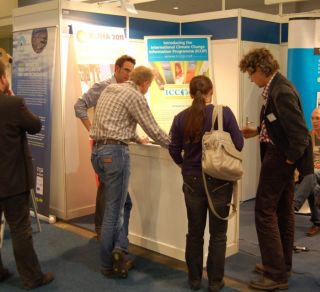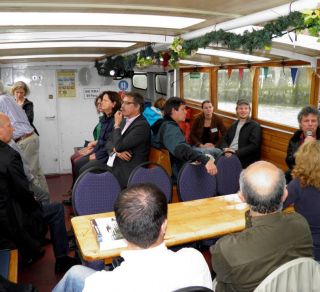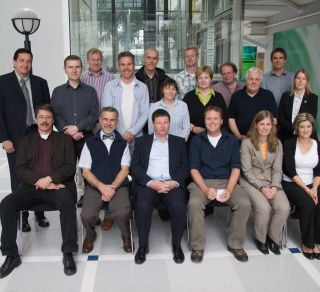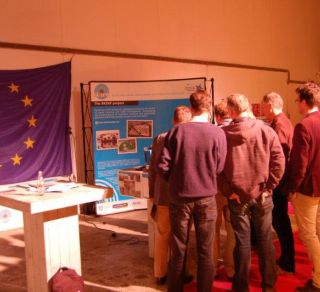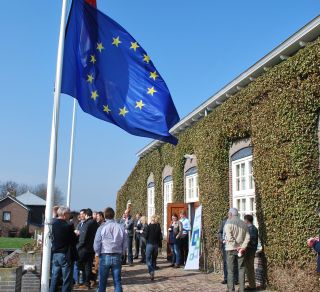 |
|

SKINTNorth Sea Skills Integration and New TechnologiesBackground and AimAim The needs to reach this aim were addressed by enabling spatial planners, land managers and water managers to enter into multidisciplinary collaborations.
Background The European Water Framework Directive and Floods Directive have clear goals about improving water quality and regulating water quantity in the EU. When coupled with climate change and urbanization these create increasing pressures on water management, especially in urban areas. The North Sea Region has a long tradition of solving problems related to ground and surface water in urban areas by means of optimisation of innovative technical solutions. However, the recent shift towards a more integrated approach in urban development in which many different disciplines have to work together demands a new approach to water management. Currently it is often the case that innovative water solutions are available, but implementation is hindered by barriers to multidisciplinary working. There is a need to foster awareness of the role of different disciplines and build up capacity within disciplines to make the required contributions. This will enable more rapid and sustainable responses to problems associated with economic regeneration, thus encouraging the inward investment that is needed.
Information HubFlyer for Specialist Symposium on Climate Change and Sustainable Water Management
Recht der Wasserwirtschaft Flyer: Seminar on International Water Law Workshop for Water Managers 18.05.2011 International Water Law 2011 Report: Policies for water and river basin management in the North Sea Region Registration for final conference Final Conference Programme Flyer Final Conference SKINT Water Series Volume I SKINT Water Series Volume II Flyer SKINT Student Summer course Water Town, a simulation tool for flood management SKINT project poster SKINT, from conception to results Urban green-blue grids for sustainable and dynamic cities WaterTown - a computer game for city water planners Case study Gartloch Hospital Case study Bryggen Case study J4M8 Case study Heuckenlock There are no related videos
|
